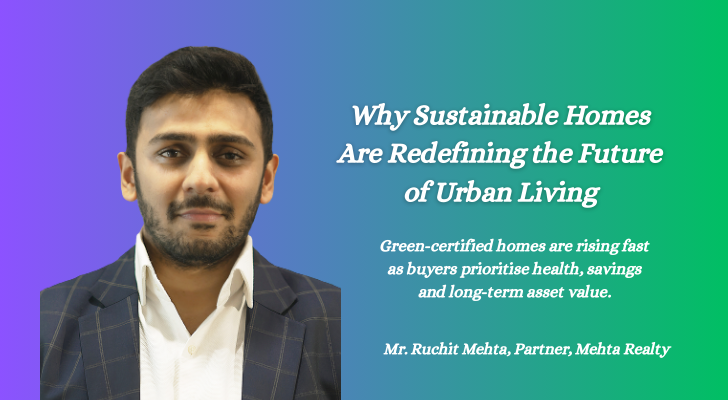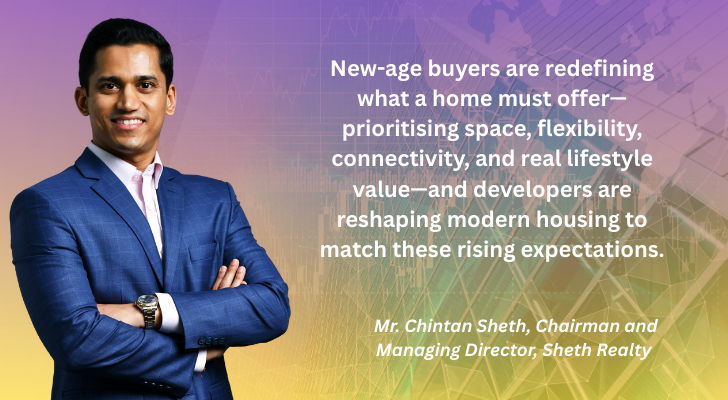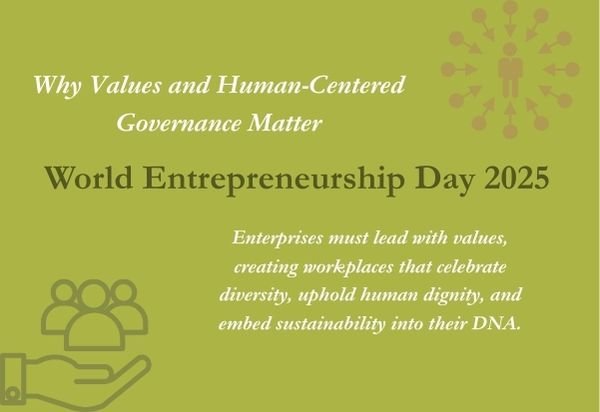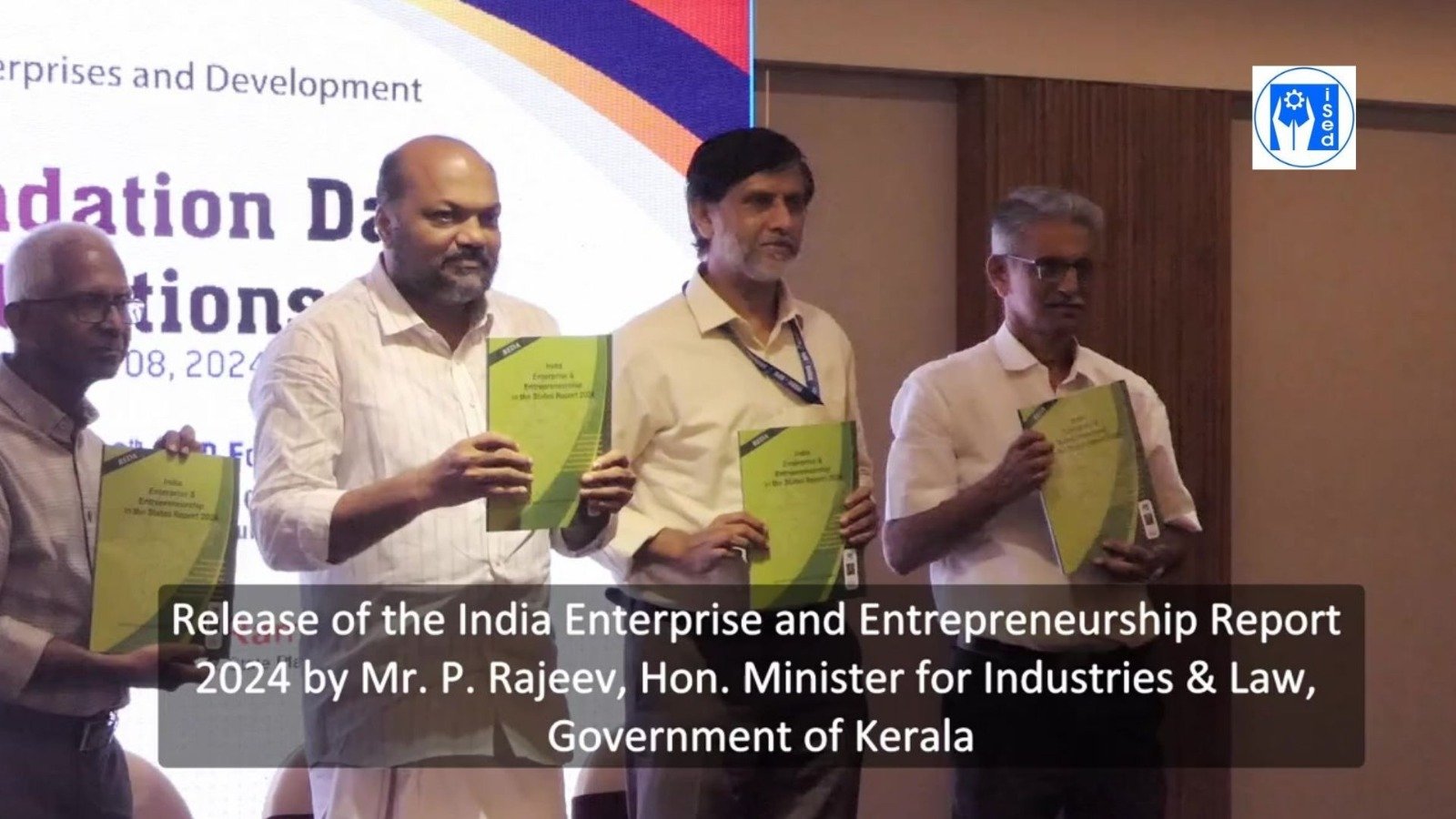World Entrepreneurship Day 2025: Why Values and Human-Centered Governance Matter
On World Entrepreneurship Day, it is time to rethink what entrepreneurship truly means. Sustainable enterprise is not measured by overwork, unicorn valuations, or profit alone; it is about building businesses that respect human capital, uphold labour and environmental standards, and foster creativity, inclusion, and societal resilience. Values-driven governance and ethical leadership are the foundations for enduring economic growth and national development.
World Entrepreneurship Day is not merely an occasion to celebrate innovation and enterprise — it is a moment to reflect deeply on the values that drive entrepreneurship and its role in nation-building. In an era defined by knowledge economies, advanced technologies, and globally integrated supply chains, entrepreneurship cannot be divorced from the ethical and social frameworks that underpin sustainable progress.
Entrepreneurship today must align with modern human consciousness. In a world where we emphasize creativity, innovation, and well-being, how credible is advocacy for 70-hour work weeks or 15-hour shifts? Forcing individuals into extended working hours not only undermines human capital but also erodes the social fabric — families, communities, and mental well-being. A nation where a majority of its workforce spends most waking hours confined to factories or offices risks hollowing out its social structures.
Real entrepreneurship and leadership are not about extracting the maximum hours from employees but about unlocking human potential. Startups and enterprises that genuinely lead will recognize that sustainable growth depends on valuing people — their creativity, health, and diversity.
Corporate Governance as a Values Framework
Corporate governance is not just a regulatory requirement; it is the institutional expression of values. It ensures businesses operate responsibly within national goals, legal frameworks, and societal expectations. Respecting labour standards, environmental protections, non-discrimination, and inclusivity in workplaces is not optional — these are pillars of sustainable development.
Global trade and cross-border collaborations increasingly demand strict adherence to labour rights, environmental sustainability, and anti-discrimination norms. Enterprises that ignore these realities risk exclusion from global supply chains and reputational harm.
AI-Powered Regulatory Frameworks for Fair and Sustainable Enterprises
The complexity of modern value chains demands innovative regulatory approaches. Artificial intelligence and automated monitoring tools can play a transformative role in:
- Tracking labour law violations, such as overwork and unsafe conditions.
- Identifying environmental compliance gaps.
- Monitoring discriminatory practices in wages, hiring, and workplace behavior.
- Ensuring ethical practices across global supply chains.
AI- robotic monitoring framework, embedded within national and global governance systems, can help detect and prevent systemic violations early, ensuring businesses align with national goals and global sustainability commitments.
Entrepreneurship for the Future
World Entrepreneurship Day is an opportunity to redefine the entrepreneurial ethos. Enterprises must lead with values, creating workplaces that celebrate diversity, uphold human dignity, and embed sustainability into their DNA. In doing so, they not only contribute to economic growth but also build resilient nations that thrive in a multicultural, interconnected world.
Entrepreneurs who champion inclusivity, fairness, and innovation — rather than exploitation and overwork — are the true architects of future-ready economies.
(Perumal Koshy)
Author Profile

-
Dr. Perumal Koshy writes on economic transitions, small enterprise ecosystems, and development policy, with a focus on inclusive entrepreneurship and systemic change. His work draws from a background in Area Studies and SME research, with writings published in UN Today, Financial Express, Indian Express, and ERENET Journal. He serves as Editor of Global SME News and leads strategic initiatives at The Enterprise Institute and the Enterprise Futures Lab, where he works at the intersection of enterprise, policy, and knowledge systems. Through TDW Publishing, he supports independent voices and enterprise scholarship across the Global South.
Linkedin: https://www.linkedin.com/in/caushie/
Twitter: https://twitter.com/pkoshyin
Latest entries
 Entreprenurs21 August 2025Entrepreneurship, Values, and Corporate Governance: Building Nations, Not Just Profits
Entreprenurs21 August 2025Entrepreneurship, Values, and Corporate Governance: Building Nations, Not Just Profits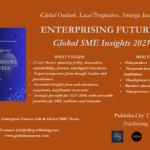 Africa13 August 2025 A New Landmark Report Calls for Rethinking SME Policies, Digital Readiness, and Sustainable Growth
Africa13 August 2025 A New Landmark Report Calls for Rethinking SME Policies, Digital Readiness, and Sustainable Growth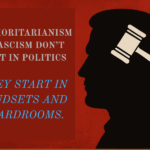 Business7 August 2025Authoritarianism Begins at Work: Why Businesses Must Guard Against the Psychology of Control
Business7 August 2025Authoritarianism Begins at Work: Why Businesses Must Guard Against the Psychology of Control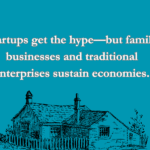 FEATURED31 July 2025What Startups Can Learn from Family Businesses—And Vice Versa
FEATURED31 July 2025What Startups Can Learn from Family Businesses—And Vice Versa
